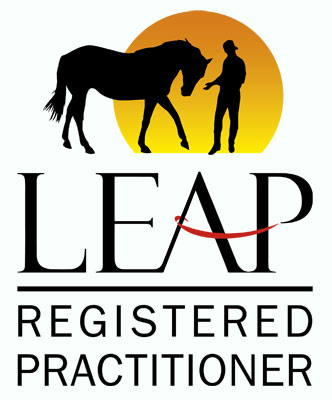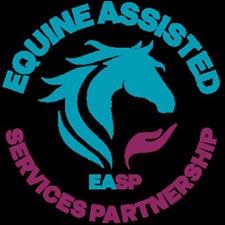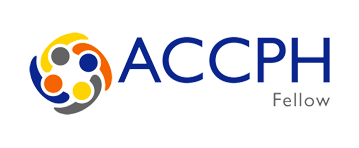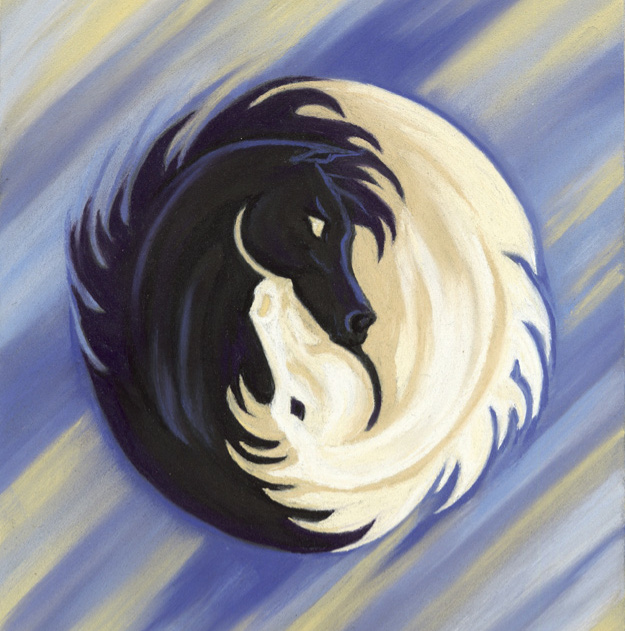
Blog
Your Power Lies in Your Powerlessness
4 October 2015
One of the greatest paradoxes of life is that our true personal power often lies dormant in our inner reservoir of powerlessness.
Since we fear feeling vulnerable and powerless more than maybe anything else in our culture, we go to great lengths to avoid letting ourselves fall into this deep abyss, and thus we often cannot access our essential personal power.
This fear takes us right back to infancy, if not our birth experience, when, utterly dependent on all around us, we came out of the cocoon of our mother’s womb and landed headlong, or maybe feet-first, into an unfamiliar, bewildering and scary new world.
If that journey and the immediate days and months that followed were not filled with total acceptance, nurturement, unconditional love and belonging, then our start in life was rocky, to say the least.
Even if we had a positive start to this life the inherent fact of being a child, and therefore utterly dependent on others, as well as being controlled by those around us, results in us feeling powerless in those early months and years. We had no choice then; we had to feel it.
For most humans in modern day society feeling and expressing a sense of powerlessness is not something that is applauded or supported. In fact, it is most often derided, chastised or ignored. We get laughed at by older sibling, or our genuine fears about trying things for the first time are under-valued or dismissed, and we’re told not to be so silly, so childish (!!!), a baby (!). What else pray should we be, when a baby or a child...?
This then continues and gets replicated thousands of times over once we enter the school systems by our peers, older children and some bad teachers.
The result being we leave adolescence and are then meant to become adults very quickly. Within this rapid journey to adulthood we are also told very firmly not to be afraid, not to show our fear and to be confident at all times. While also being told to seek security at every turn: Get an education otherwise your life will be a complete waste; get into relationships straight away even before you have formed as an individual in your own right; take out loans and buy a house - you must buy a house otherwise you will NEVER be safe!!! These are the messages drummed into us from day one.
The result of all of this, however, means we grow up absolutely allergic to feeling helpless, afraid, vulnerable and above all; powerless.
We also don't learn emotional intelligence or emotional resilience as a result of these painful experiences.
Therefore, as adults we create every defence mechanism known to humans to protect ourselves from feeling powerless once again.
We also tend to express our powerlessness in passive aggressive ways through frustration, anger, or even sometimes rage. If these emotions come too readily to us it may indicate that bubbling away deep within our inner-cauldron of feelings, is a vast reservoir of powerlessness and helplessness. Residue left over from childhood, and particularly so if we became very good at covering this up to protect ourselves from family, friends and those in positions of power.
Usually in our adult lives, sometimes earlier too, our bodies take us back to this state through illness or an accident as a last resort, as if our body is screaming out to us: Remember! Please remember!
For our body certainly remembers, but it usually disconnected from our thinking mind and also our feelings. So, often it reaches exasperation point with us and forces us to remember by plunging us back into a place of utter powerlessness. An accident happens and you have to ask for help. Suddenly you have to depend on others to carry out even the most ordinary daily chores, maybe even requiring you to need help with your personal care once again. Taken out of your normal daily life you are faced head-on with those original feelings and you have no choice but to accept that feeling powerless is an inherent part of being human.
Following an unpleasant horse-riding accident seven years, ago I met my powerlessness once again. From the moment of the accident I was in need of others’ help with everything. I was once again fully reliant on my friends, the ambulance staff, my parents and colleagues. My daily life as I had known it stopped completely and, instead, I was forced to simply be with myself fully. Each moment of those first few days following the accident was vital, each minute expanded due to the pain and discomfort I was in. But also, because I wasn’t busy doing stuff as usual, I was forced to sit with my body and my emotions and be present with all that arose; including my feelings of powerlessness.
Yet, what I realised happened then and have experienced many times with horses, particularly in equine facilitated learning (EFL) sessions, is that in this time of powerlessness I accessed deeply buried reserves of my own personal power. Through allowing others to help; through letting my body and intuition guide me, and by not being able to escape myself through the usual daily busyness of life, I found a new level of confidence in myself. And, within that: a deeper level of compassion for myself also.
Paradoxically, through being dependent once again on both of my parents, who had given me very mixed messages as a child about their own covered-up feelings of powerlessness, and their false sense of power and control over their lives, I finally accessed the gold within my lost experiences from childhood.
One of my very first equine facilitated learning experiences at Eponaquest involved me sinking deeply into feelings of vulnerability and powerlessness. Only to find in there immense self-confidence, latent abilities and a level of trust in myself that previously I had no access to. Up until then life had always been just one long scary journey, with no sense of trust and faith in myself or life to hold onto.
What I learned from these experiences, plus witnessing many of my clients’ experiences of powerlessness, is that in these moments, when we once again access our sense of powerlessness, we can in fact re-find our true-selves and our true power.
When facilitating clients in EFL I am very conscious to hold that space for them when these feelings arise, which often happens when someone is trying to ask a horse to do something or move. Frustration may arise initially as, try as they might, they can’t get the horse to move, the same horse who just moved for me or another client, now stands rooted to the spot.
What I’ve found in these moments is that through gently guiding the client's focus back to their body and its sensations, and most notably where they feel stuck, then asking their body for some help or information can lead the person to re-finding themselves beneath the layers of frustration, low self-esteem, or pain from unresolved childhood memories of times when they felt powerless.
In these common experiences of being unable to move a horse, without resorting to dominating it, a person can finally find out what stands between them and their personal power; their confidence and true resolve to believe in themselves. This feels very different to bluster covering up a lack of self-belief, or using force by being too hard or controlling, with either the horse or the people in their life.
The beautiful side to this paradox is that when we can finally access our much feared sense of feeling powerless, we become much softer towards both ourselves and others, as well as finding reserves of power we had no previous access to.
We can continue trying to avoid our powerlessness but that just prolongs us feeling powerless. If we could embrace it instead, who knows where that could lead us...?
© Angela Dunning, 4 October 2015, up-dated 31 April 2017 and 11 November 2017.








